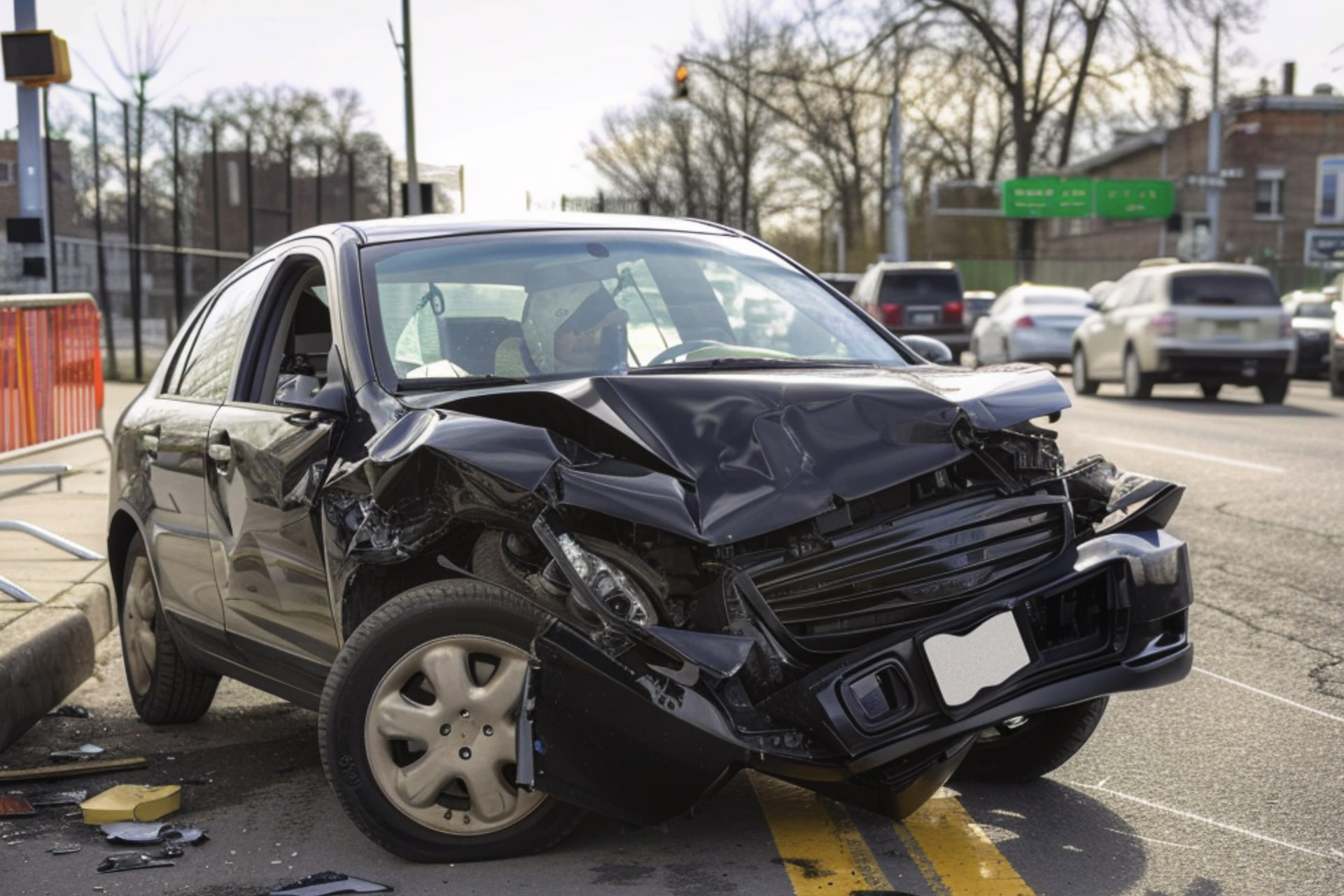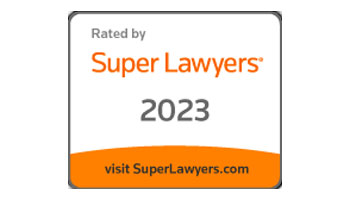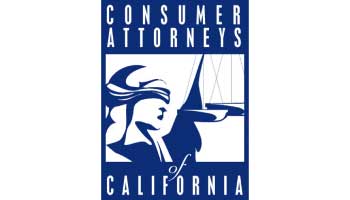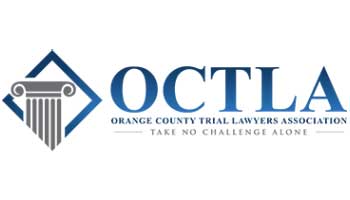California Car Accident Statute of Limitations

Navigating a car accident involves understanding the legal framework governing when a lawsuit must be filed. The California car accident statute of limitations is a critical aspect of this framework. It sets a general time limit, typically two years, for filing lawsuits related to personal injuries resulting from car accidents.
However, exceptions exist for cases involving government entities or minors. The personal injury statutes of limitations in California serve to ensure timely resolution of legal matters, promoting fairness and efficiency.
How Long After an Accident Can You Sue in California?
The limitations for California car accidents and filing for lawsuits depend as follows:
| Type of Claim | How Long You Have | When the Countdown Starts |
| Injury | 2 years | Accident date |
| Property Damage | 3 years | Accident date |
| Wrongful Death | 2 years | From the officially recorded decease date |
Let’s take a closer look at these in more detail:
How Long Do You Have to Make an Injury Claim
The statute of limitations for personal injury lawsuits is two years from the date of the accident.
This two-year statute means that if you have suffered injuries due to a car accident, it is essential to take legal action within this two-year window to seek compensation for medical expenses, pain and suffering, and other damages resulting from the incident.
Understanding and adhering to this timeline is vital to ensure that your right to pursue a personal injury claim remains protected.
Additional reading: can you sue someone for a hit and run in California
How Long Do You Have to Make a Property Damage Claim
When it comes to property damage claims resulting from a car accident in California, you have a slightly longer timeframe to initiate legal proceedings — three years from the date of the accident.
This provides an extended period to address and seek compensation for damages to their vehicle or other property caused by the accident.
How Long Do You Have to Make a Wrongful Death Claim
In the unfortunate event of a wrongful death resulting from a car accident in California, the statute of limitations for filing a claim is two years. However, the clock starts ticking from the date of the deceased person’s death, which may not necessarily coincide with the accident date.
This distinction recognizes the potential time gap between the accident and the unfortunate outcome, allowing family members or beneficiaries to initiate legal action within two years of the death.
For further guidance on the specifics of your case, contact a Torrance car accident lawyer if you’re local to Los Angeles.

Exceptions to the Standard Time Limits

While knowing the standard time limits for filing claims after a car accident is essential, it’s equally important to be aware of potential exceptions that may alter these deadlines. Exceptions can arise in certain circumstances, offering individuals more flexibility in pursuing legal action.
Below, we will look at specific scenarios where exceptions to the standard time limits may apply, providing valuable insights for those dealing with the complexities of car accident claims.
Cases Against Government Entities
If the defendant is a government entity, you must file a claim with the appropriate government agency within 6 months from the date of injury. If that entity then denies the claim, you can file a lawsuit within 1 year of that initial denial date.
Tolling
Tolling is a legal concept that can temporarily pause or suspend the running of the statute of limitations under specific circumstances:
- Defendant out of state: The clock on the statute of limitations may be temporarily halted until the defendant returns to California. Tolling recognizes the challenges individuals may face in pursuing legal action when key parties are unavailable within the state’s jurisdiction.
- Mental capacity: If the plaintiff’s injuries are so severe that they are either incapacitated or not able to act on their own due to being injured in a car accident, the statute of limitations is extended until they are in a fit state.
- Minor: In car accident cases where minors are involved, the clock for the statute of limitations does not start ticking until the minor reaches the age of 18.
Delayed Discovery
The delayed discovery rule is a legal principle that provides relief in cases where injuries resulting from a car accident may not be immediately apparent.
Rather than starting the statute of limitations from the date of the accident, the clock begins when the injury is discovered or when it should have been reasonably discovered. This rule acknowledges that some injuries, especially those with latent or delayed symptoms, may not manifest immediately after an accident.
Additional reading: what happens when you reject an insurance settlement offer
How Soon After a Car Accident Should I Sue?
Determining when to sue after a car accident is a critical decision with legal implications. It’s imperative to file within the statute of limitations, the legally defined timeframe for initiating a lawsuit. Missing this deadline can have severe consequences, potentially resulting in the loss of the right to seek compensation for injuries and damages.
In our experience, suing as soon as possible is most often a good idea.
Acting swiftly has its advantages; filing soon after the accident allows for a more accurate and prompt assessment of the situation, ensuring that crucial details are fresh and evidence is readily available. Additionally, a timely lawsuit may expedite the claims process, leading to a quicker resolution.
Having said that, you need to know whether you have a strong and viable case or not before you sue. And this is where hiring a lawyer that really understands the statute of limitations for California is pivotal to your case.
Additional reading: how much can someone sue for a car accident
Contact a San Bernardino car accident lawyer today to help initiate your legal claim without delay.
How Long Do You Have to Report an Accident to Insurance in California?
In California, you should report a car accident to your insurance provider “promptly.” Generally, it is recommended to report any accident as soon as possible, ideally within the first 24 hours. While there is no specific legal deadline set by the state for reporting accidents, insurance policies often have their own stipulated timeframes.
Delays in reporting may impact the insurance company’s ability to assess the situation accurately and you could limit your maximum payout if you don’t adhere to their terms and conditions.
Therefore, ensure you’re proactive in reporting the accident, ensuring that any potential claims are processed efficiently and by policy requirements — your lawyer can help you with this, if necessary.
Do I Need a Lawyer for a Car Accident Claim?
While it may not be necessary to involve a law firm in every car accident claim to file your claim, the need for a car accident attorney becomes essential in more challenging cases. Minor crashes with minimal injuries and straightforward property damage may not require legal representation, and individuals can handle the claims process themselves.
However, when dealing with complex scenarios involving significant injuries, disputed liability, or uncooperative insurance companies, having a car accident attorney becomes essential.
Car accident claims can be intricate, and an attorney brings expertise to navigate these complexities, ensuring that your rights are protected. In situations where the fault is contested or when injuries require thorough evaluation, legal representation significantly impacts the outcome, improving the chances of securing fair compensation.
Additional reading: should i get a lawyer for a car accident that wasn’t my fault
Ready to Take Action? Let’s Talk
If you’ve been involved in a car accident in California, knowing the legal nuances and timeframes is essential for securing fair compensation. Swift action is essential to adhere to the relevant statute of limitations to your case and to protect your rights.
But, you don’t navigate the aftermath alone—take the next step towards a successful resolution by consulting with our experienced personal injury attorneys.
Additional reading: average car accident settlement in California
Contact Feher Law today at (866) 646-6676 for a free consultation and to ensure that your rights are safeguarded as you pursue the compensation you deserve.
GET A FREE CONSULTATION
Our team is standing by and ready to assist you. Consultations are completely free and confidential. We will help you determine if you have a case.
- Over $100 Million Recovered For Clients
- No Fees Unless We Win
- We Fight for Maximum Compensation
- Get The Justice You Deserve
"*" indicates required fields
FAQs
Can I sue after the statute of limitations has expired?
Once the statute of limitations for a car accident claim has expired, the legal right to sue is generally lost. It is crucial to file lawsuits within the stipulated timeframes to avoid the risk of your case being dismissed due to the expiration of the statute of limitations.
How long is too long to wait for an insurance claim?
While there is no fixed timeframe for waiting on an insurance claim, delays may impact the efficiency of the claims process. It is advisable to promptly report the accident to your insurance provider and follow their guidelines to ensure a timely evaluation and resolution of your claim.
How long can a lawsuit stay open?
The duration a lawsuit stays open can vary widely based on the complexity of the case, legal processes, and negotiations. Some cases may be resolved relatively quickly, while others, particularly complex ones, may take months or even years to resolve, either through settlement or trial.
How to sue someone after a car accident?
To sue someone after a car accident, gather evidence, such as photos, witness statements, and medical records, and consult with a personal injury attorney. They can guide you through the legal process, help you assess the strength of your case, and file a lawsuit if necessary.











Related Posts




What Happens if You Hit a Jaywalker in California?

Free knee Injury Settlement Calculator in California


